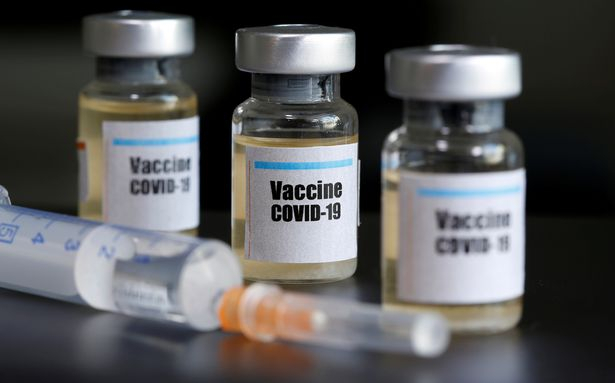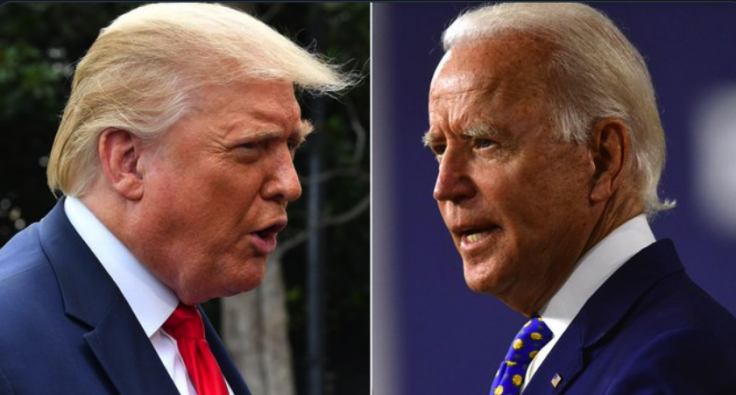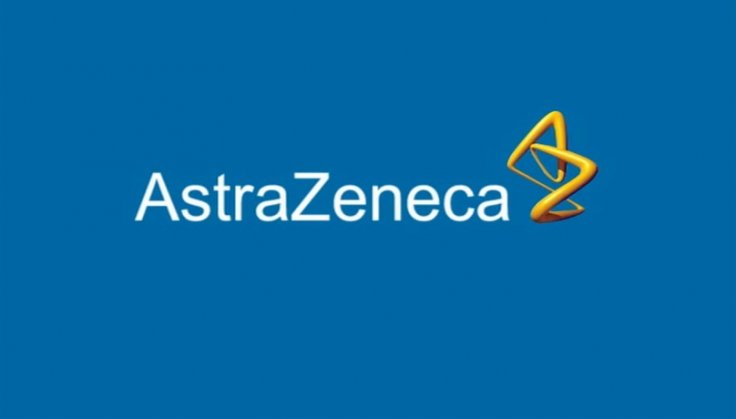While the COVID-19 vaccine candidates are going through the final phase of clinical trials, China has already started immunizing its citizens. As early as July 22, China issued emergency authorization for a COVID-19 vaccine candidate that was given to frontline workers and the U.S. may soon follow suit, latest by October, a month before the Presidential Elections.
As per Chinese news outlets, the country's head of Coronavirus vaccine development task force, Zheng Zhongwei, said vaccines developed by domestic companies were authorized on July 22, 2020. The vaccines were given mainly to frontline workers and people with a high risk of contracting the virus including Customs workers and city officials, who were tasked with pandemic duty.
"We've drawn up a series of plan packages, including medical consent forms, side-effects monitoring plans, rescuing plans, compensation plans, to make sure the emergency use is well regulated and monitored," Zhongwei, who is also an official at the National Health Commission told state-run China Central Television (CCTV).

In accordance with the Chinese vaccine management law, the vaccine candidates were used for a limited period after accepting applications on April 4, 2020. As the vaccine candidates are in the final leg of trials in countries across the globe, many more will be inoculated in the coming days as the country fears a possible resurgence of the novel Coronavirus in autumn and winter.
In June 2020, China authorized the emergency use of CanSino Bio's COVID-19 vaccine candidate for limited use among its military. As the vaccines are being made widely available for its citizens, Zheng said it will be sold at cost instead of market demand.
"It's not to say that the companies cannot make a profit from the vaccines, but the fundamental rule is that the profit should be moderate and reasonable and based on the costs of making the vaccines," he told CCTV in an interview.

US to Follow Suit?
In the U.S., President Donald Trump is also mulling over issuing an emergency use authorization (EUA) for AstraZeneca-Oxford University co-developed vaccine candidate before the elections in November. Republican Trump currently trails Democratic candidate Joe Biden by 11 points in the recent approval rating polls.
The Trump administration is exploring options including one that includes the Food and Drug Administration (FDA) issuing EUA in October, the Financial Times reported. However, it will depend on the vaccine candidate's success in the ongoing trial in the U.K. that is expected to conclude in October.

Small Study a Concern
But there is a catch. The AstraZeneca trial is being conducted on 10,000 volunteers while the U.S. needs a vaccine candidate to be trialed on at least 30,000 people to pass the minimum requirements and qualify for EUA. AstraZeneca is although conducting a larger trial but the results will only come either later this year or early next year.
As Trump has faced heavy criticism for his handling of the Coronavirus pandemic that has killed over 170,000 Americans, a vaccine before November 3 poll day could see him re-elected. But, a rushed trial and subsequent EUA could be a double-edged sword for Trump. Skepticism about vaccines has grown rapidly among Americans and undermining conventional government rules and EUA might not sit well with them as the country gets ready for its largest mass-vaccination program.









